While the D2C revolution has dramatically reshaped several industries—BPC, fashion, and even home decor, jewellery remains undeterred to a great extent.
In 2023, 2.32% of all jewellery sales were attributed to online channels.
What’s interesting is until CaratLane entered the jewellery space in 2008, online jewellery sales were practically non-existent in India.
This edition of The D2CX Newsletter is dedicated to the “why” behind the aforementioned notion!
We’ll further dive deep into why offline experience centres have become crucial for D2C jewellery brands to not just survive, but thrive in the first place!
Trust Deficit Despite Certifications
Trust is everything in the jewellery business, and that’s where the biggest hurdle lies for online jewellery brands.
While BIS Hallmarking and certifications from leading gemmological institutes like GIA have given online jewellery platforms some credibility, they haven’t entirely replaced the consumer’s need for physical assurance.
Reportedly, 65% of consumers prefer to physically inspect jewellery before making a purchase.
Even though certifications validate the authenticity of gold and diamonds, they don’t consumer concerns about appearance, weight, design, and, more importantly, don’t establish an emotional connection.
This is especially true for items like engagement rings, bridal sets, or heirloom pieces, where consumers seek a personal connection with the product.
To cite an example, Tanishq offers BIS-hallmarked jewellery online, but the brand’s major sales come from its offline presence with over 350 stores across India
How D2C Jewellery Brands Connect With The Consumer
To mitigate the trust deficit, several D2C jewellery brands like CaratLane, Bluestone, and Melorra have started investing in offline experience centres.
According to a 2022 report from RedSeer Consulting, 70% of D2C jewellery brands that operate both online and offline experience 20% higher sales conversions in offline stores as compared to their online channels.
By giving customers the tactile experience of trying on a piece of jewellery, brands address the inherent trust issues associated with online shopping.
This hybrid model has worked wonders for CaratLane, which, despite being a digital-first brand, has opened over 250 retail stores across 80 cities in India and reports that 45% of its revenue now comes from offline channels.
The Power of Upselling with Salesmen
Let’s face it—jewellery shopping is a high-involvement purchase. Whether it’s buying a piece for an engagement, wedding, or anniversary, consumers are looking for personalised recommendations.
And, no AI chatbot or assistant can beat the human touch on this front!
Salesmen at offline centres play a vital role in understanding customer preferences and upselling higher-ticket items or even suggesting complementary pieces – more premium designs, customisation options, or add-ons.
Additionally, in a brick-and-mortar setting, consumers are more likely to make impulse purchases when exposed to a wider variety of options.
Building Loyalty Is Easier Offline For D2C Jewellery Brands
Loyalty programs that offer points, discounts, and special services work best when customers feel a strong connection to the brand, and that connection is often forged in an offline setting.
The in-person shopping experience allows brands to build a rapport with their customers, who then become more likely to enrol in loyalty programs or return for future purchases.
Reportedly, 78% of consumers who engage in a positive offline experience are more likely to become loyal customers compared to those who only shop online.
Therefore, brands like CaratLane and Bluestone are integrating personalised loyalty programs at their offline centres, offering exclusive benefits to repeat customers.
✔️ Early access to new collections
✔️ Invitations to jewellery events
✔️ Special discounts on customisations
The Final Shine 👇
While online shopping has revolutionised several categories, D2C jewellery brands still can’t solely rely on internet to build a sustainable business. For them, the road to success is paved with the human touch and in-store experiences that foster long-term customer loyalty.
What do you think? Will this trend change?
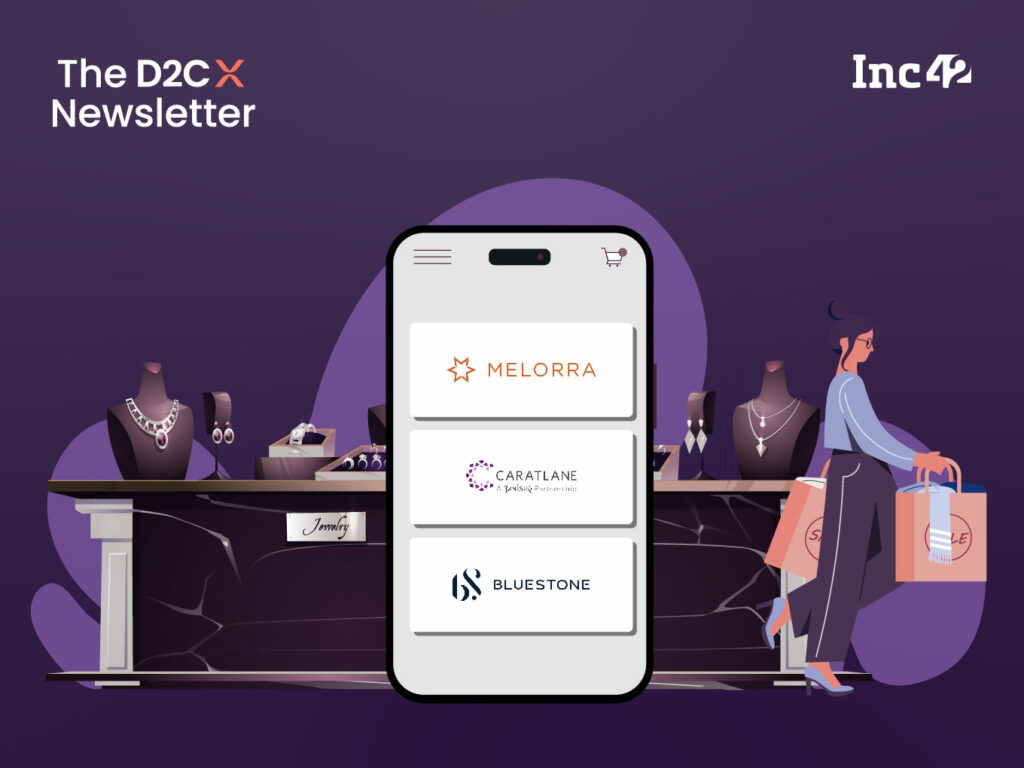
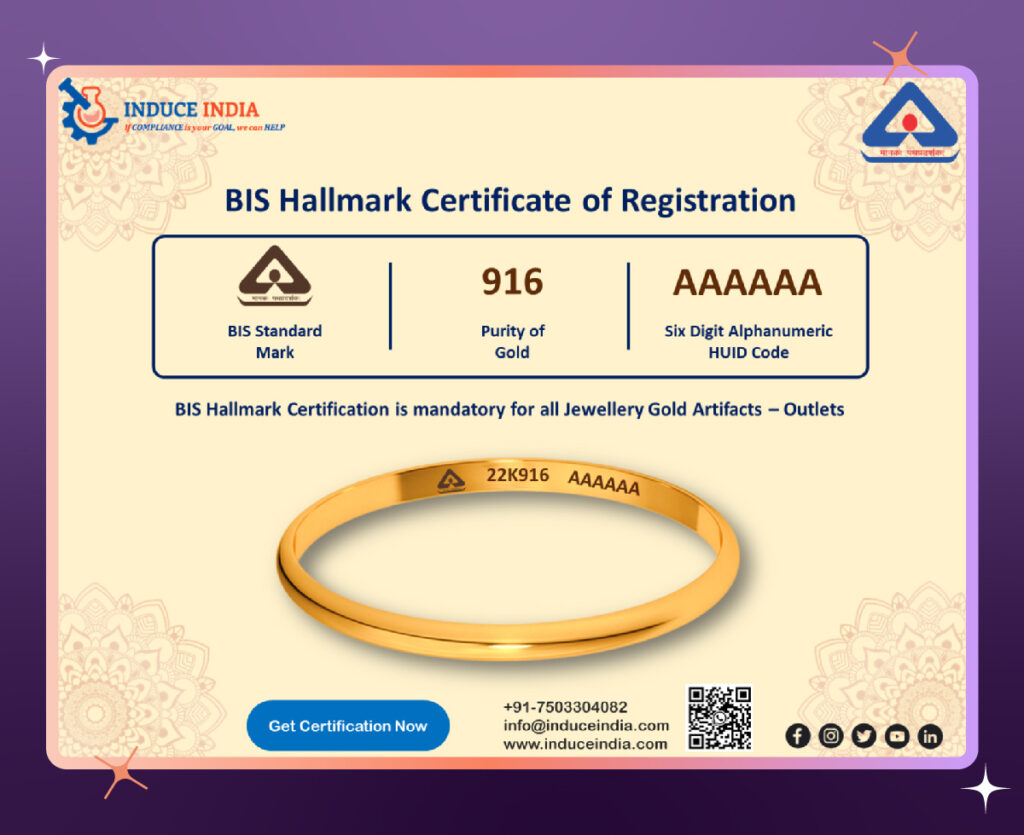
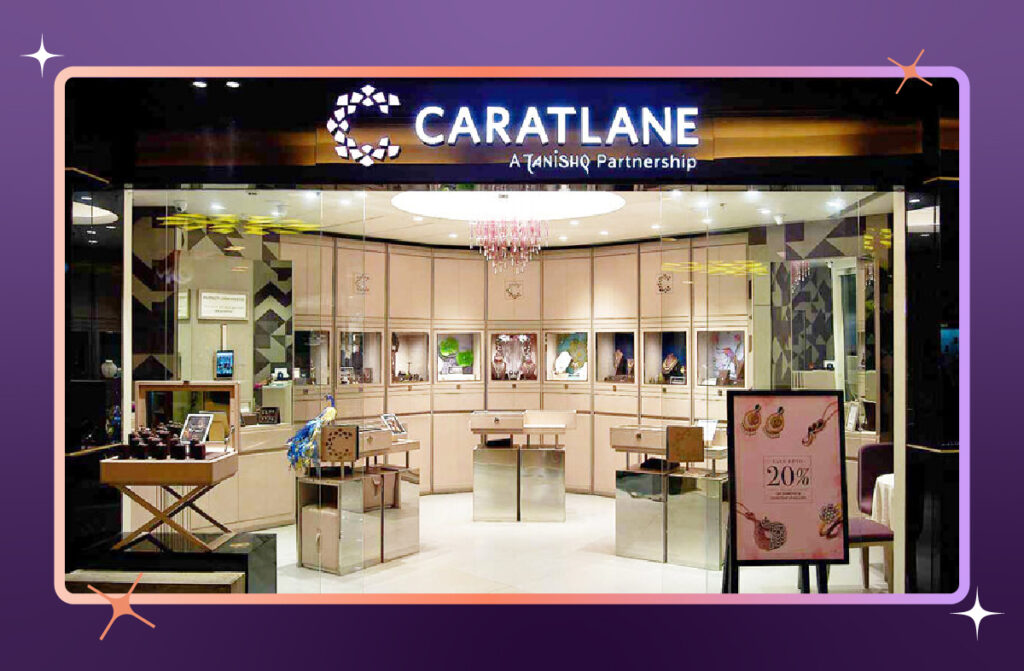
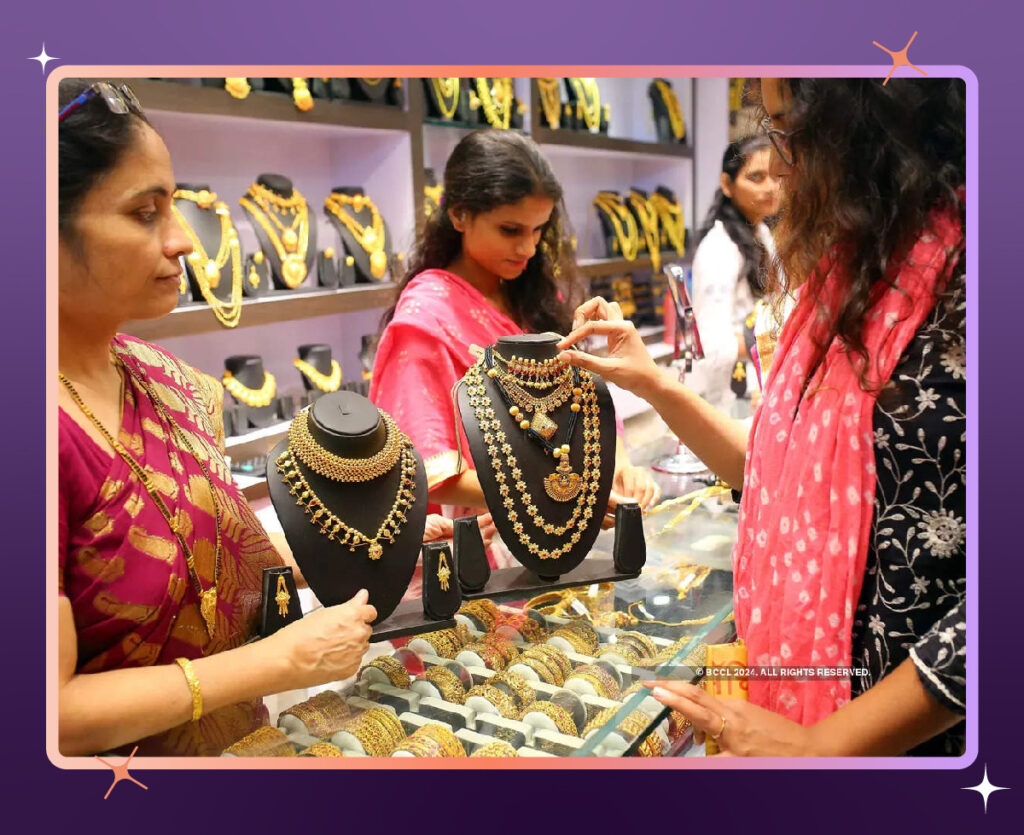
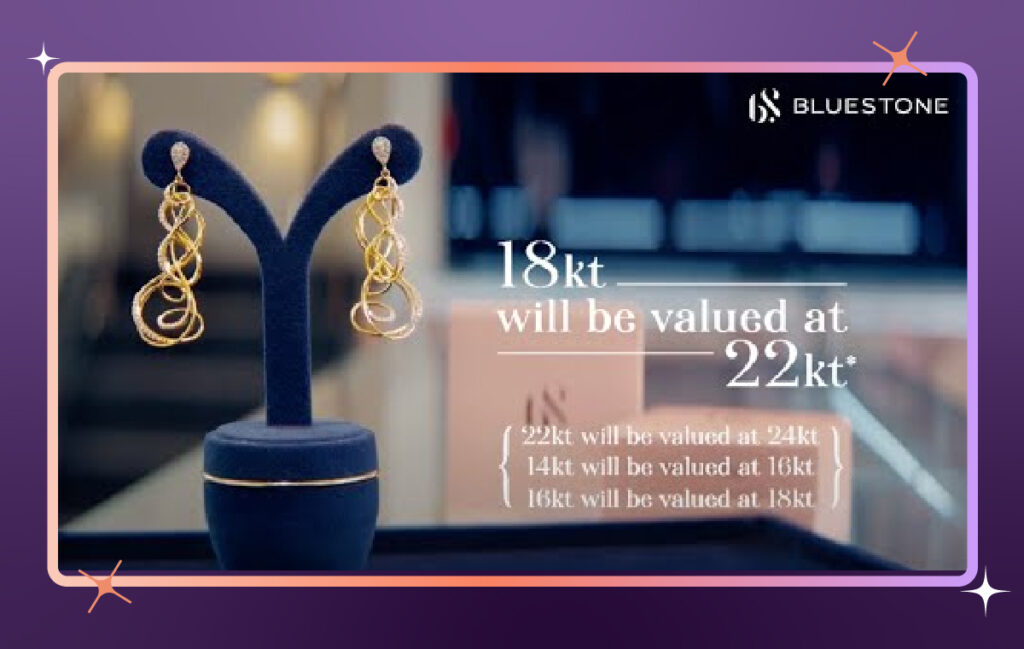
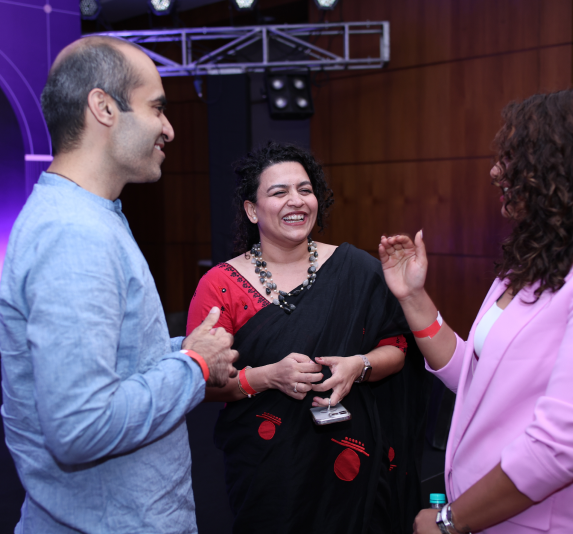
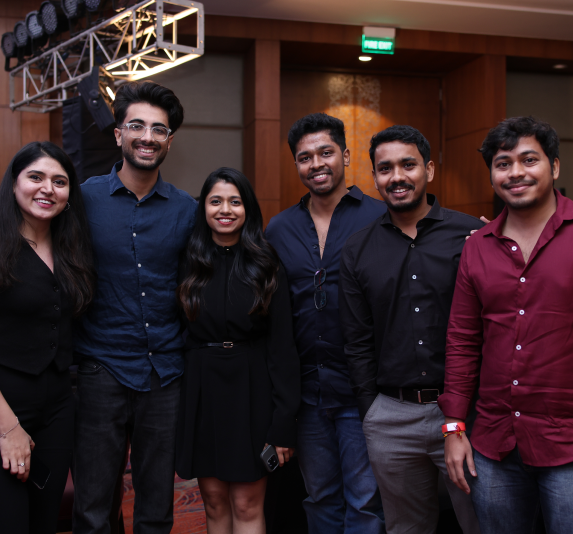



.svg)
.svg)





